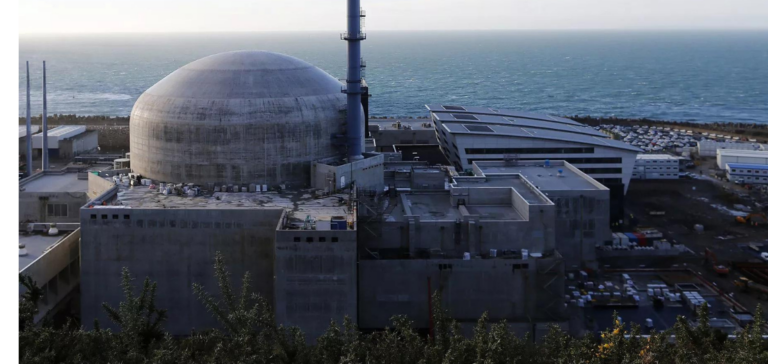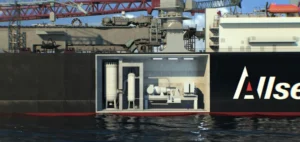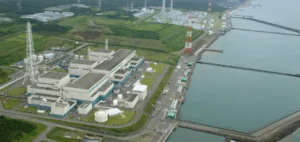EDF, in collaboration with Framatome, Bouygues and GE Steam Power, has officially submitted a bid to build an EPR nuclear reactor in the Czech Republic. This proposal includes the design, construction and commissioning of a new 1,200MW reactor at the Dukovany power plant in the east of the country.
Full proposal for Dukovany power plant
The offer submitted to CEZ and its subsidiary Elektrana also includes two other indicative proposals: an additional reactor at Dukovany (unit 6) and two reactors at the Temelin site (units 3 and 4). All in all, this could mean the construction of four new reactors in the Czech Republic.
Reducing coal use in the Czech Republic
The Czech Republic, which currently has six nuclear reactors in operation for electricity generation, is one of Europe’s biggest consumers of coal, after Germany and Poland. In 2021, coal accounted for 30.1% of the country’s final primary energy consumption, ahead of oil, nuclear power and natural gas.
The Czech government aims to phase out the use of coal by 2038 to reduce CO2 emissions and promote renewable energies and nuclear power.
EDF’s proposal follows a non-binding offer submitted at the end of 2022 to the Czech government, which issued a call for tenders in March 2022. The authorities are expected to announce the final choice between the various candidates next spring.
EDF’s key project partnerships
EDF is taking the lead in integrating EPR1200 technology and carrying out the project, with the support of its partners, notably Framatome for design studies and equipment, GE Steam Power for the supply of equipment for the conventional island, and Bouygues Travaux Publics for civil engineering construction.
The Group has pre-qualified around 90 of the 300 potential Czech companies as suppliers for the works. Although the amount of the investment has not been confirmed, it is estimated by some media to be in the region of 10 billion euros. Other contenders include Westinghouse and KHNP.
EDF and its partners are proposing an ambitious project to build EPR reactors in the Czech Republic, offering an alternative to coal-fired power generation. This initiative could have a significant impact on the Czech Republic’s energy landscape and help reduce CO2 emissions.






















